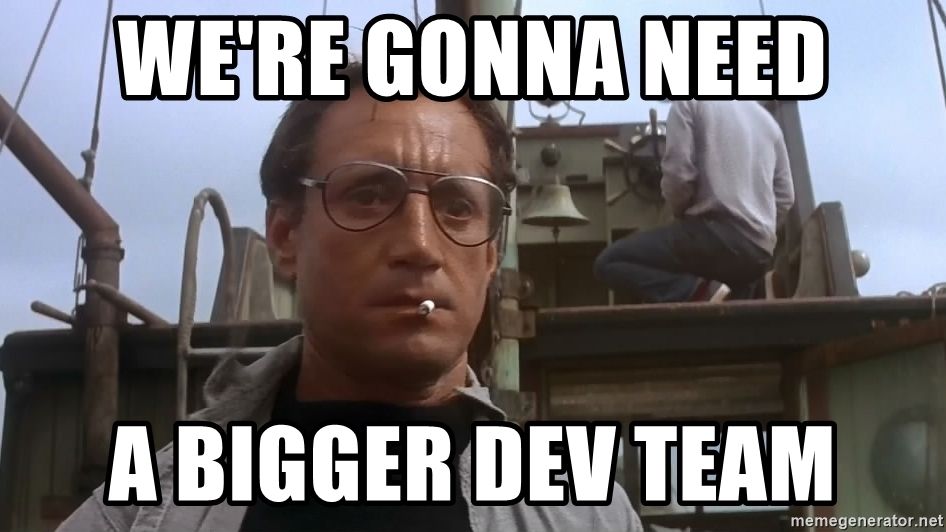860 reads
The Importance of Building a Diverse, Well-Rounded Engineering Team
by
August 27th, 2020
Engineering and Product leader passionate about building high-performing teams and products
About Author
Engineering and Product leader passionate about building high-performing teams and products
